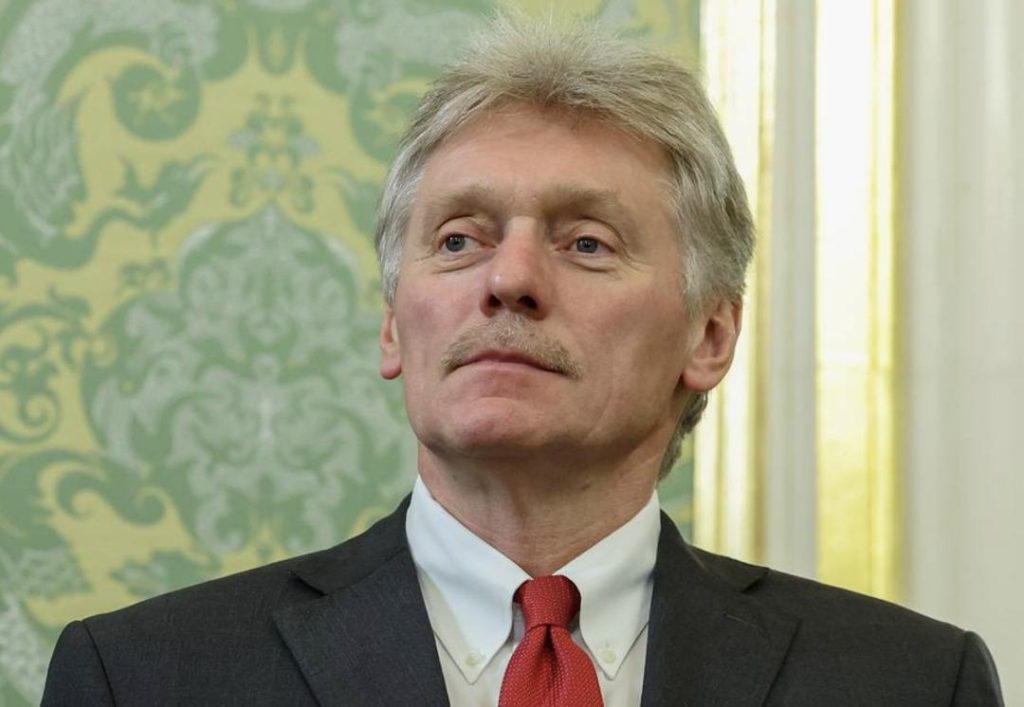
Military Conflicts in Ukraine & Iran are Incomparable, Russia Says
In a recent statement, Russian spokesperson Dmitry Peskov made it clear that the conflicts in Ukraine and Iran are fundamentally different in their essence and nature. Peskov’s comments come amid the ongoing tensions between Israel and Iran, as well as Russia’s own military operation in Ukraine.
According to Peskov, the Israeli attacks on Iran were not provoked, implying that they were carried out without any prior justification or motivation. This starkly contrasts with Russia’s own military operation in Ukraine, which Peskov claimed was preceded by well-known events and circumstances.
The Russian spokesperson’s comments were made in response to a question about Russia’s stance on the recent Israeli airstrikes in Iran. Peskov stated that Russia supports Iran “with its clear position” on condemning the US-Israeli strikes. This position is likely a reflection of Russia’s own close ties with Iran, as well as its opposition to Western military intervention in the region.
It is worth noting that Russia has been a key player in the conflict in Ukraine, providing military support to the separatist regions of Donetsk and Luhansk. The conflict has been ongoing since 2014, when the Ukrainian government launched a military operation against the separatists. Russia has consistently denied any direct involvement in the conflict, but has been accused of providing military equipment and personnel to the separatists.
In contrast, the conflict between Israel and Iran is a relatively recent development. The two countries have a long history of tension, dating back to the 1979 Iranian Revolution. In recent years, the situation has escalated, with Israel launching a series of airstrikes against Iranian targets in Syria and Lebanon.
The Israeli strikes are seen as a response to Iran’s growing military presence in the region, as well as its support for militant groups such as Hezbollah. Iran has vowed to retaliate against Israel, and the situation remains highly volatile.
It is clear that the conflicts in Ukraine and Iran are fundamentally different in terms of their nature and essence. The conflict in Ukraine is a classic example of a proxy war, with Russia providing military support to separatist regions and the Ukrainian government launching a counter-offensive. In contrast, the conflict between Israel and Iran is a more traditional example of a state-on-state conflict, with each side launching military attacks against the other.
The Russian spokesperson’s comments highlight the complex and often contradictory nature of Russia’s foreign policy. On the one hand, Russia has been a key player in the conflict in Ukraine, providing military support to the separatist regions. On the other hand, Russia has also been a key player in the conflict between Israel and Iran, providing military support to Iran and condemning the Israeli airstrikes.
This contradictory stance is likely a reflection of Russia’s own interests and priorities in the region. Russia has a long history of opposition to Western military intervention, and has consistently sided with Iran in its conflicts with Israel. At the same time, Russia has also been trying to improve its relations with the West, and has been working to resolve the conflict in Ukraine through diplomatic means.
In conclusion, the conflicts in Ukraine and Iran are fundamentally different in their essence and nature. While the conflict in Ukraine is a classic example of a proxy war, the conflict between Israel and Iran is a more traditional example of a state-on-state conflict. The Russian spokesperson’s comments highlight the complex and often contradictory nature of Russia’s foreign policy, and the country’s ongoing efforts to balance its interests and priorities in the region.
Source:



